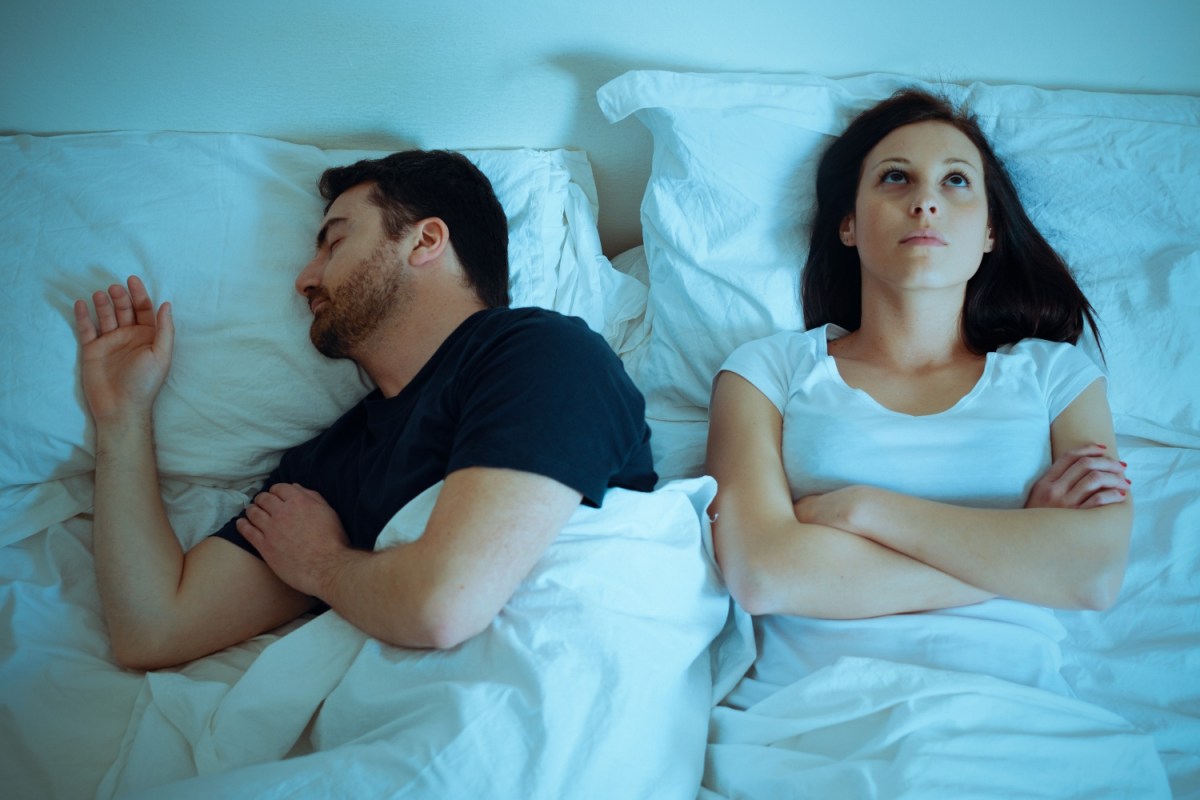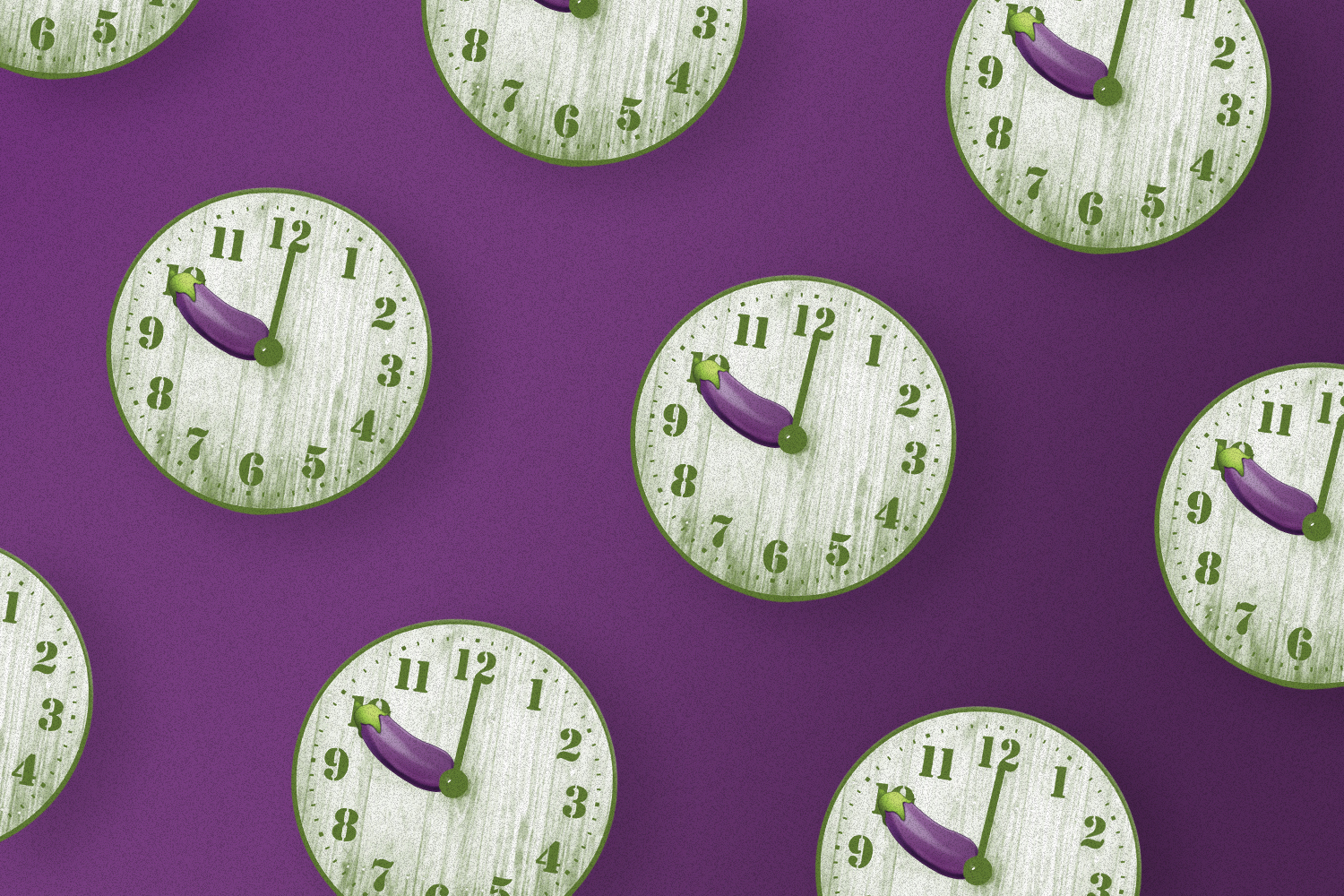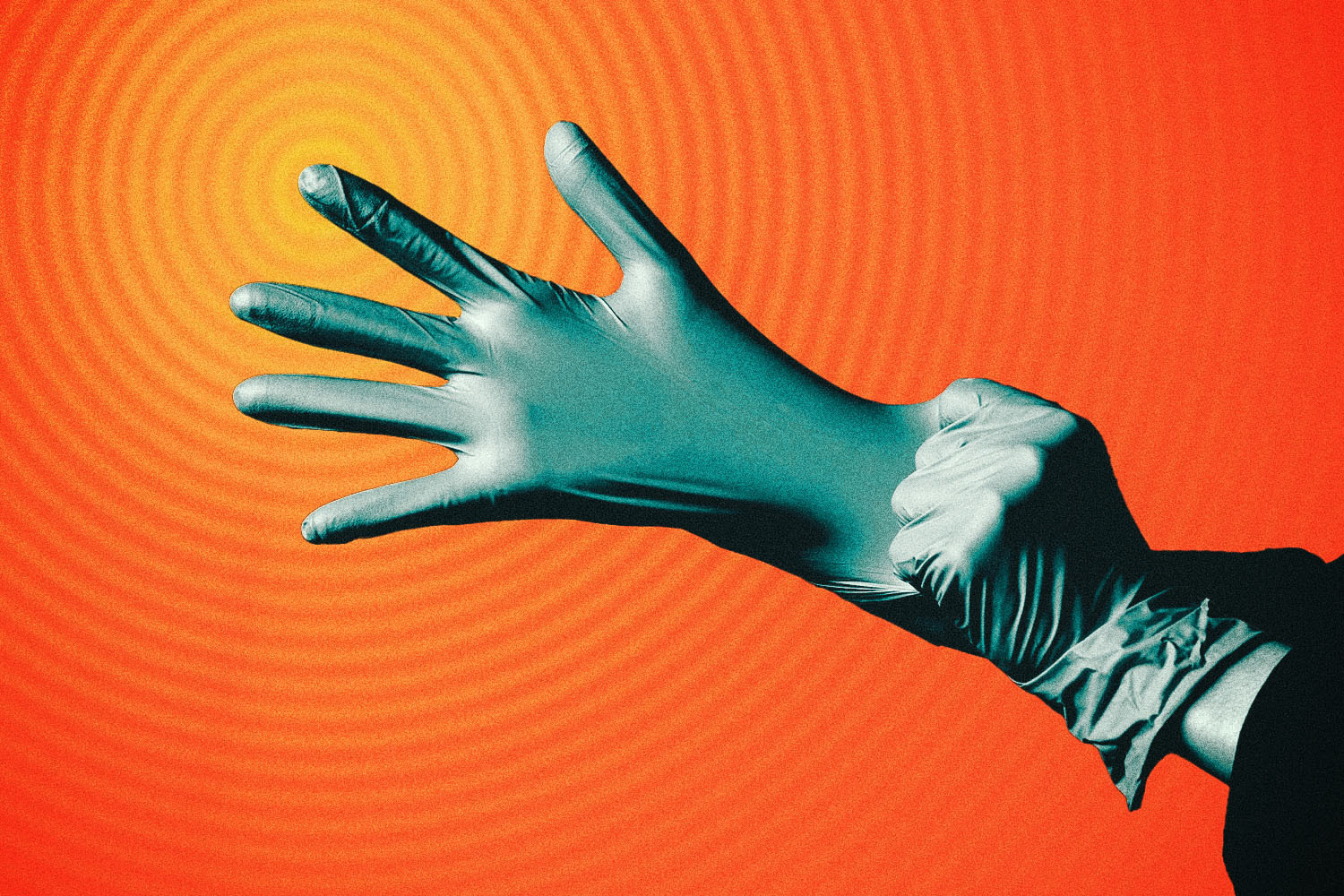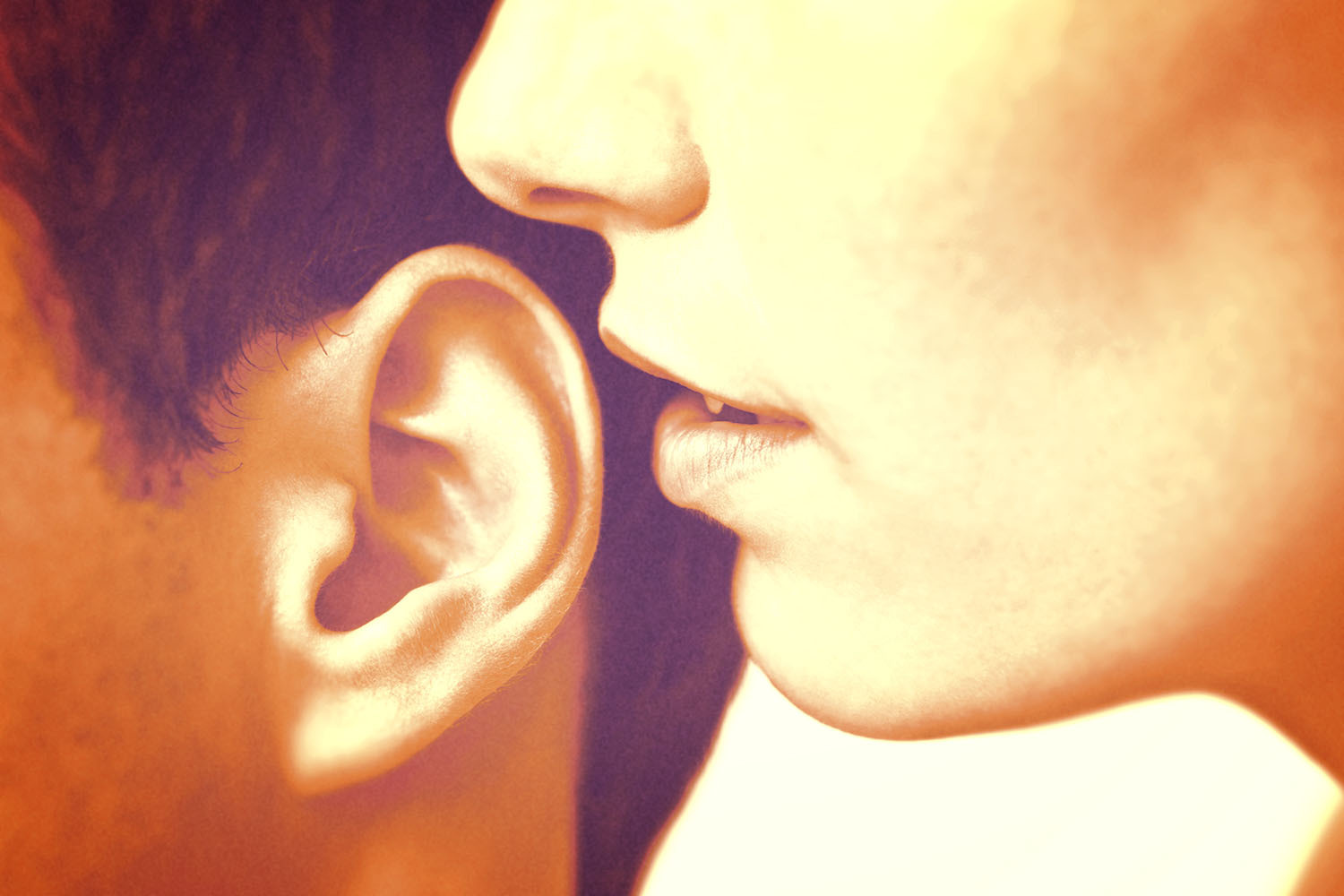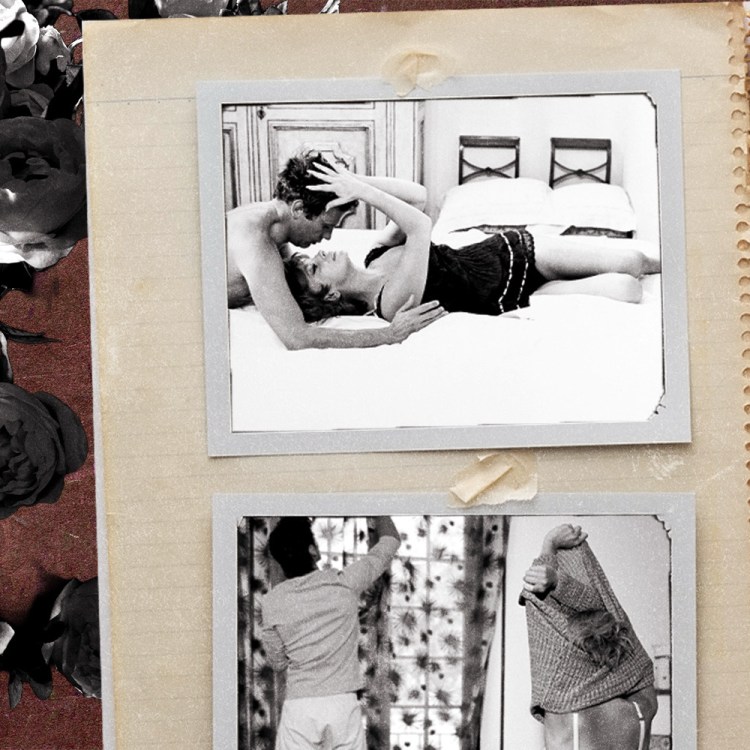It’s Valentine’s Day, and you know what that means: sex. For many men, it also means falling asleep almost immediately afterwards. It’s a bit of a tired cliché at this point: man ejaculates, rolls over and passes out, leaving his disgruntled (and probably sexually unsatisfied) partner awake and annoyed. While this is one of the many lame, heteronormative sex tropes perpetuated by sitcoms of yore that may or may not have destroyed countless millennial marriages, it turns out there is some truth to it. If you find yourself feeling sleepy after sex, it’s not just because you’re a selfish straight man in a bad ’90s sitcom; there’s an actual, scientific explanation for your post-coital snooze.
As a woman, I always assumed men’s rumored propensity for immediately lapsing into a post-sex slumber was an evolutionary advantage in women’s favor, designed to help us more easily ensnare you in case our recent romp left us pregnant with your offspring. Sleep puts you in a vulnerable position, making it easier for us to sink our little claws in and hold you hostage in a monogamous relationship.
Unfortunately, it turns out evolution doesn’t care about women, and the scientific reason for men’s post-sex sleepiness has less to do with helping women set our man traps and more to do with the specific cocktail of chemicals released when men ejaculate. According to the experts at New York University’s Science, Health and Environmental Reporting Program, these include norepinephrine, serotonin, oxytocin, vasopressin, nitric oxide (NO) and the hormone prolactin. Prolactin, in particular, seems to be largely responsible for this sleepy effect, as “prolactin levels are naturally higher during sleep, and animals injected with the chemical become tired immediately.”
The release of prolactin in men is also thought to be related to the refractory period, AKA the period of time immediately after orgasm during which most men are unable to get hard again. Men who are deficient in prolactin can reportedly have shorter refractory periods. According to one theory, the entire purpose of the refractory period is to force men to give it a rest and prevent them from physically exhausting themselves with the 24/7 sex marathons most men would probably have if biology would allow it.
While Dr. Kien Vuu, Assistant Professor of Health Sciences at UCLA, previously told InsideHook that the notion that men would sex themselves to death without the refractory period “may be a stretch,” he did note that men’s post-sex recovery time “can be a resting phase associated with a physiological event that could create life.” Prolactin’s dual role in producing sleepiness and maintaining the refractory period does seem to suggest that, for whatever reason, men are designed to get sleepy after sex. Basically, that shot of prolactin released in men after sex slows them down and puts them to sleep so their horny little man brains can accept that sex is over now, perhaps preventing them from exhausting themselves (and their partners). It’s also worth noting that the prolactin levels produced during intercourse orgasms are significantly higher than those produced during masturbation, which helps explain why men are usually more tired after partnered sex than solo sessions.
So if you’re a post-sex sleeper, it’s really not your fault. Just remember, whether by evolutionary design or not, your post-coital slumber is putting you in a bit of vulnerable position, so you’d better sleep with one eye open.
The Charge will help you move better, think clearer and stay in the game longer. Subscribe to our wellness newsletter today.
